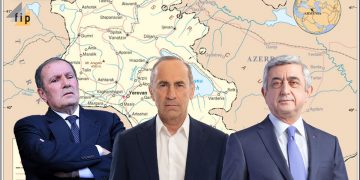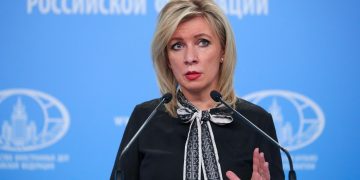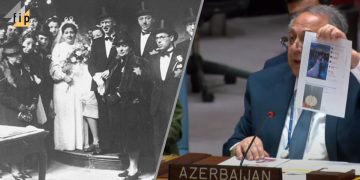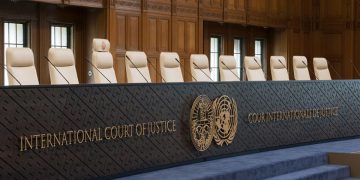In March of this year, when novel coronavirus pandemic was announced in the world, UN Secretary General António Guterres called on all nations to establish a global ceasefire.
“I urge the international community to immediately declare a ceasefire. It is time to end the armed conflicts and focus on the real struggle of our lives,” he said.
Guterres’s call, however, was not sufficient in many conflicts, and even in times of pandemic, hostilities continued in some areas and often escalated.
The Call of the UN
The UN called for a ceasefire on March 23. The idea was that a ceasefire would make it easier for humanitarian services to reach those parts of the population that are most vulnerable to COVID-19. Moreover, it was noted that health care systems in war-torn countries often face complete collapse, and medical personnel are sometimes seen as targets.
The UN Secretary-General called on the warring parties to end hostilities, to lay down their arms, to suspend their artillery, and to end air strikes.
170 countries joined the call, including Armenia, Turkey, Ukraine, Norway, the Czech Republic and others.
It is noteworthy that Azerbaijan did not join the call. And the Republic of Artsakh expressed its support for the call on March 25.
No global ceasefire has been established in the world.
Despite the UN call, hostilities continued in different parts of the world, including Syria, Afghanistan, Yemen and Libya. Terrorist attacks continue in Afghanistan, killing civilians. More than a dozen terrorist attacks have taken place in the country since March alone, killing approximately 100 people.
Years of military conflict continue in Yemen as well. There are simply no conditions to deal with the pandemic In a country living in a state of humanitarian disaster. Infected people are simply not treated because hospitals do not have protective equipment. Meanwhile, dozens of citizens fall victim to civil war every day.
Turkish involvement in Libya
The civil war in Libya, which began in 2011, has not stopped. The struggle continues between the “Libyan National Army” and the government of the National Accord recognized by the UN. The situation in that country became especially tense when Turkey began to provide its support to the government of National Accord. At the same time, Ankara provides the Government of National Accord not only with state-of-the-art military equipment, but also with militants. It is noteworthy that Turkey has supplied many unmanned aerial vehicles to Libya, due to which the government of national accord gained absolute supremacy in the air.
In the Artsakh war
On September 27, Azerbaijan, which did not sign the UN ceasefire call, launched a large-scale attack on the Artsakh Republic. The hostilities continue to this day.
It is noteworthy that Azerbaijan has been preparing for this attack for months with the active participation of Turkey the evidence of which was also reported by FIP.am.
As a result of the war unleashed by Azerbaijan and Turkey, there are already hundreds of killed and wounded both on the Armenian and Azerbaijani sides. This means that the health care systems that have been fighting the coronavirus for months will be overstrained, trying to serve the “military wounded” and the coronavirus-infected. It is not known what health consequences this will have for the region, but in recent days the sharp increase in the number of coronavirus infections only in Armenia testifies to the serious health care challenges.
Thus, as the UN Secretary General called for a global ceasefire in March, some countries not only did not sign the call, but also provoked new violence. Turkey, which was involved in the war in Artsakh by Azerbaijan, is also actively involved in hostilities in Libya.
Lusine Voskanyan

 FACTOMETER
FACTOMETER










